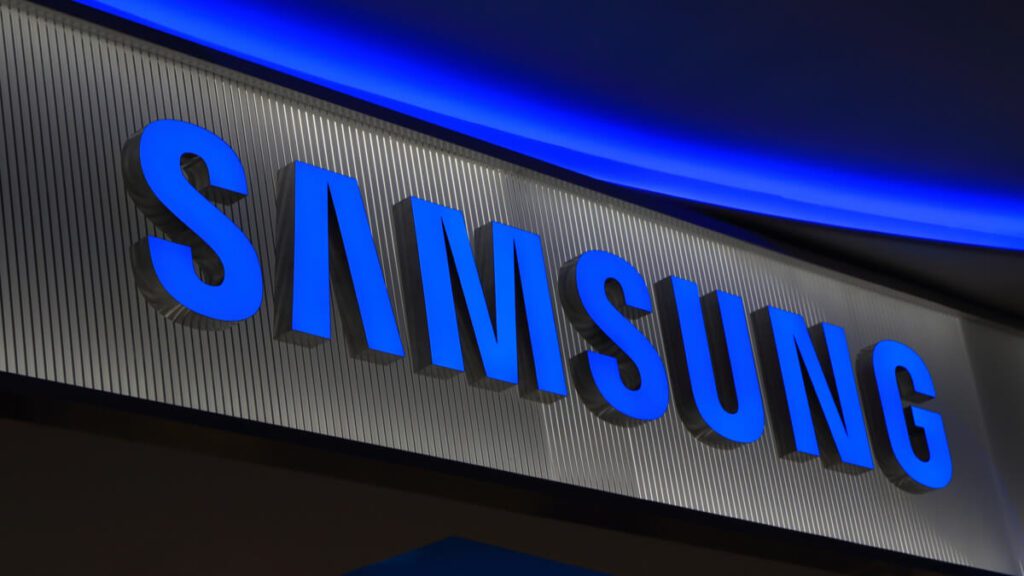
Samsung announced on Tuesday a $205 billion expansion plan aiming to provide 40,000 jobs for the upcoming three years to reign “strategically important industries.”
The conglomerate’s immense influence in South Korea has never been higher as it set out a recruitment scheme of roughly 10,000 people, in addition to 30,000 jobs already set into motion, while highlighting plans of maintaining its public employment in the country.
The company announced its partnership with the National Skill Development Corporation (NSDC), aiming to train 40,000 young people for the electronics retail sector by using national skills training centers of the NSDC.
The electronics titan’s spending plan in strategic businesses is solemnly designed to make Samsung South Korea’s main, if not the leader of, some of the most influential industries, such as semiconductors, biopharmaceuticals, telecommunications, and emerging technologies such as AI and robotics.
Samsung Electronics and affiliates such as Samsung Biologics’ sole aim is to induce research and spending in vital fields while exclusively maintaining focus on telecommunications and robotics to corporate acquisitions. In addition to Samsung Electronics’ vision of digging deeper into the chipmaking industry by investing $151 billion by 2030.
According to Samsung, South Korea’s semiconductor manufacturing sector is the “safety net” of the country’s economy, accounting for 19.3 percent of the country’s export in 2020.
It is worth highlighting that South Korea is not the only country backing the industry.
The U.S. is setting plans to invest more than $50 billion to bolster its chip industry, the European Union is aiming to hit a global market share of 20 percent in chips by 2030, and China plans to raise its budget to cover advanced technologies, such as semiconductors, by more than 7 percent a year up to 2035.
In addition to the chip manufacturing industry, Samsung is looking to strengthen its market share by aiming for 30 percent by 2023 in the biopharmaceutical contract manufacturing market. The company will also enter contract manufacturing vaccines alongside cellular and gene therapy products.
Due to the pandemic, in its first quarter, Samsung Electronics reported a 45.06 percent ascend from last year, with quarterly revenue growth of 18.19 percent, demonstrating a high demand for its mobile devices and other technologies.
Samsung Electronics Q1 net income was accountable to the parent company shareholders, leading to a 45.06 percent climb. While the company’s operating profit for its Q1 witnessed an impressive growth of 45.53 percent, and consolidated revenue grew 18.19 percent, according to Nasdaq.
Samsung’s plans on increasing investments in strategic businesses over the next three years highlighted its capabilities of making daring maneuvers to be one of the key players in boosting South Korea’s economy and ultimately displaying itself as one of the lead personas in the field.